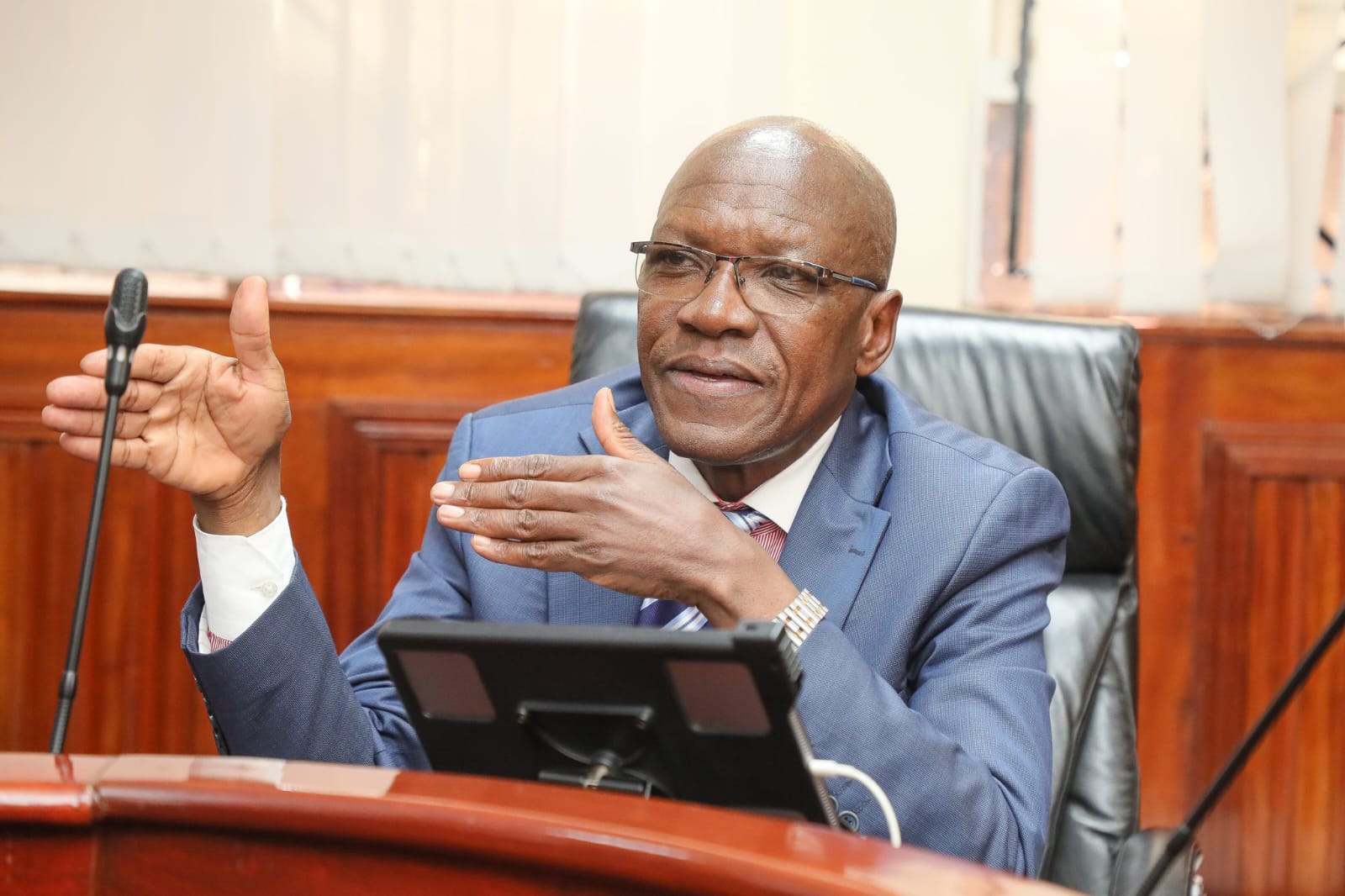

Kakamega Senator Boni Khalwale has urged the Parliament to step in and protect the county’s free education programme, following cuts in capitation funds for public schools.
In a statement on Friday, Khalwale said the country is at a critical juncture and called on the legislature to defend the legacy of the late President Mwai Kibaki, under whose administration free primary and secondary education was introduced.
“If ever there was a time the nation needed Parliament, it is now,” he said.
Khalwale described Kibaki’s education reforms as “a great transformational dream and legacy” that must be “protected at all costs.”
His remarks come after Treasury Cabinet Secretary John Mbadi confirmed that the government will disburse only Sh16,900 per learner, far below the previously promised annual capitation of Sh22,244.
Mbadi cited budget constraints and an increase in student numbers as the main reason for the shortfall.
“Let us not lie to ourselves. The budget cannot support the Sh22,000 capitation. We don’t have the capacity to offer free primary and secondary schools,” he told the National Assembly’s Education Committee.
Mbadi said schools would now receive Sh5,344 less per student than what had earlier been communicated by the Ministry of Education.
The announcement sparked outrage among MPs, who accused the government of backtracking on its commitment to free education.
Many public secondary schools, already grappling with cash flow problems, have sent students home, suspended activities, or turned to fundraising efforts to stay afloat.
School heads had drawn up budgets based on the Sh22,244 figure, which was formally communicated earlier by the Ministry of Education.
Appearing before the committee alongside Education CS Julius Ogamba, Mbadi defended the capitation cut, stating that the budgetary allocation was insufficient to match the growing student population.
The funding crisis comes amid proposed reforms in the higher education sector.
The government is considering drastic measures for struggling public universities, including staff layoffs, closure of satellite campuses and disposal of assets.
Meanwhile, a special report from the Auditor General’s office revealed that the national government has consistently underfunded public schools.
In an audit covering the 2021–2024 financial years, the government was found to have underfunded schools by a total of Sh117 billion.
Secondary schools bore the brunt, receiving Sh71 billion less than budgeted. Junior secondary schools faced a shortfall of Sh39.9 billion, while primary schools were underfunded by Sh14 billion during the same period.
Appearing before the Public Accounts Committee, Director of Audit Justus Okumu said underfunding was the main challenge facing public schools.
“The Ministry comes up with a budget for various school activities, but it is always scaled down. As a result, some activities are either shelved or partially undertaken, leading to the accumulation of pending bills,” he said.
The audit also found discrepancies in funding, revealing that 354 secondary schools were overfunded by Sh3.5 billion.
Additionally, 99 junior secondary schools received Sh30.8 billion more than budgeted, and 270 primary schools were overfunded by Sh79.9 million, bringing the total overfunding to Sh3.7 billion.
















